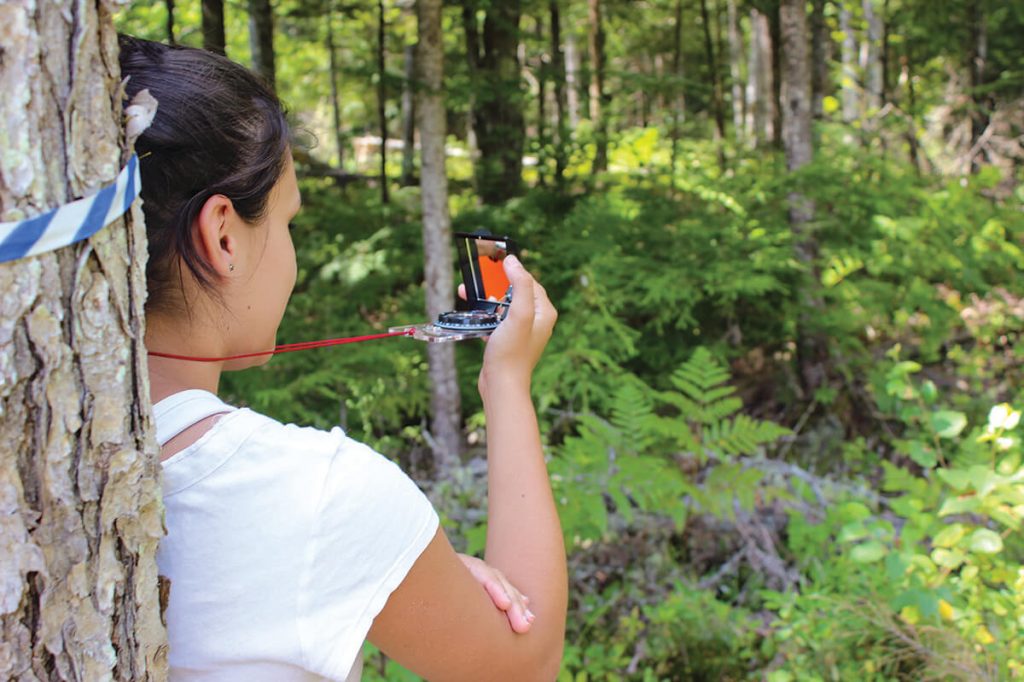Wabanaki Youth in Science
Native American ecological knowledge and western science will be integrated in some University of Maine science courses, with the goal of implementing the methods nationwide.

With a $300,000 National Science Foundation INCLUDES (Inclusion across the Nation of Communities of Learners of Underrepresented Discoverers in Engineering and Science) grant, tribal and UMaine collaborators will develop science courses that utilize Traditional Ecological Knowledge and western science to increase Native American student participation in college and career STEM fields.
INCLUDES builds on research that suggests complex challenges are best addressed through networked communities focused on finding solutions through common goals and shared resources.
Incorporating culturally relevant educational methods results in Native American long-term participation in sciences, says project leader Darren Ranco, associate professor of anthropology, chair of Native American Programs at UMaine and faculty fellow at the Mitchell Center for Sustainability Solutions.
For the UMaine project, Native Cultural Knowledge Keepers and Elders will come together with university faculty members John Daigle, associate professor of forest recreation management; Mindy Crandall, assistant professor of forest landscape management and economics; and Shaleen Jain, associate professor of civil and environmental engineering.
The project, Wabanaki Youth in Science (WaYS) Program to Bridge Inclusion in Post-Secondary Education Through the Sciences, will develop STEM education methods and practices. It also is UMaine’s second NSF INCLUDES grant. The first in 2016 focused on the project, Creating a Diverse STEM Pathway with Community Water Research, led by Mohamad Musavi in the College of Engineering.
